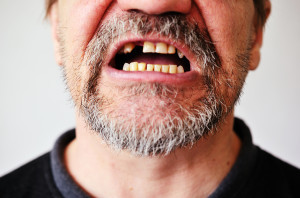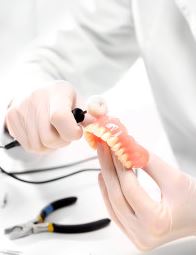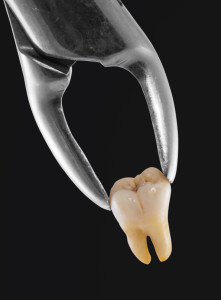 Dental emergencies come in different forms. A missing or broken tooth, gum disease, and tooth decay are some of the most common dental emergencies. It is true that the best way to prevent dental issues is through proper dental care. However, having a clear idea of how to handle dental emergencies can go a long way towards safeguarding your dental health and preventing long-term damage, when the worst happens.
Dental emergencies come in different forms. A missing or broken tooth, gum disease, and tooth decay are some of the most common dental emergencies. It is true that the best way to prevent dental issues is through proper dental care. However, having a clear idea of how to handle dental emergencies can go a long way towards safeguarding your dental health and preventing long-term damage, when the worst happens.
What’s Are The Most Common Dental Emergencies?
With that in mind, continue reading below to find out more about the most common dental emergencies.
Toothache
A toothache is by far one of the most common dental emergencies. Pain can be a sign of various dental issues including tooth decay, oral injuries, and infections among others. In some cases, toothache can be managed at home without emergency treatment using over-the-counter pain relievers such as ibuprofen, naproxen, and acetaminophen among others. However, you should never place any painkillers, including aspirin, against your gum or tissue as it can burn the gum tissue. Alternatively, you can apply a cold compress over the outside of your cheek.
Any cases of toothache accompanied by swelling require urgent dental care. When this occurs, be sure to seek emergency dental care immediately.
While toothache may be considered to be the most common dental emergency, other common emergencies include:
Broken or Chipped Tooth
In addition to being very painful, a chipped or broken tooth can ruin your smile. If the bleeding is excessive, use warm water to rinse out your mouth and place a piece of gauze at the affected area. Relieve pain and swelling by placing a cold compress on the area of your face closest to the affected tooth. Afterward, contact an emergency dentist to get the problem fixed as soon as possible.
Cracked Or Lost Filling
Lost or cracked fillings need to be fixed immediately to prevent further damage. This is mainly due to the fact that they are primarily used to restore the function and appearance of a previously damaged tooth. Avoid trying to fix the damaged tooth by yourself. Instead, cover the affected area with a piece of sugarless gum as you make arrangements for an emergency visit to the dentist’s office.
Knocked-out Tooth
A knocked-out tooth can cause bleeding and pain. The tooth can be put back in place depending on the nature of the injury; ideally, this has to be done within an hour. Pick up the knocked-out tooth by the crown and rinse off any dirt – without removing any attached tissue fragments. You can try to put the tooth back in place carefully, without forcefully pushing it into the socket. Alternatively, you can just place it in a cup of milk, as a way of preserving it for an emergency restoration procedure.
Conclusion
Keep calm and avoid panicking when dental emergencies occur. After giving yourself the necessary first aid, be sure to make an emergency visit to the dentist.





